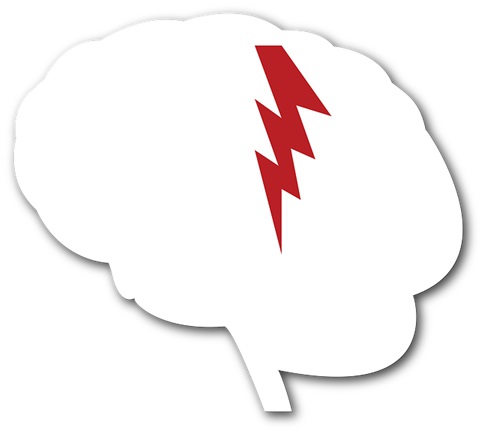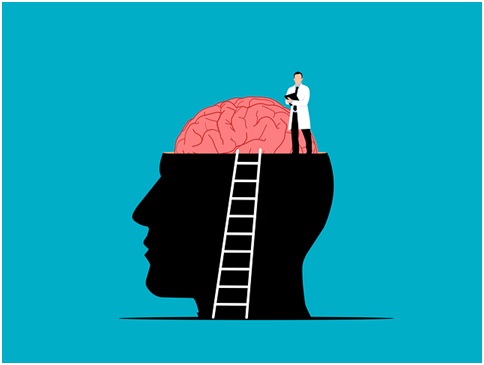Neurological rehabilitation is a specialty that focuses on the whole individual in trying to relieve symptoms associated with their condition.
The aim is primarily to improve quality of life and restore as much function as possible to increase self-dependence. Learn about neurological treatment techniques at https://www.physio-pedia.com/Neurology_Treatment_Techniques.
The objective is to start treatment at the earliest stage using a comprehensive care plan tailored to the person’s specific circumstances. Often, many facilities use a multidisciplinary approach, with several services collaborating to reach a desired goal.
The treatments focus on “educating, physical and mental wellness, functional training, and providing long-term support.”
Table of Contents
What Interventions Do Neuro Specialists Use to Reach Comprehensive Treatment Goals
A multidisciplinary approach to neurological rehabilitation is commonly used to allow collaboration between varied specialties to achieve individual goals, one of which stands out as a priority: improving quality of life.
The varied interventions work together to develop a care plan that will help to relieve symptoms associated with the person’s injury or condition and increase their ability to function. The type of intervention used will be based on the condition’s extent and severity and related symptoms.
Each program is tailored to an individual’s needs since each person’s circumstances are unique. Here are some of the interventions and how these contribute to the long-term results.
Neuropsychology/Psychology
Many times, neurological damage leads to behavioral, emotional, and cognitive impairment that limits the capacity to establish partnerships, perform a job, and participate in daily functionality.
Neuropsychology specialists focus on the individual’s behavioral and brain interaction to improve social, emotional, and cognitive functionality. These specialists will also work to assist those who have difficulty adjusting to physical changes and accommodating these changes.
Physical therapy
A physical therapist will become involved when mobility changes occur with a neurological condition. The modalities and exercises incorporated into these care plans are intended to improve the range of motion affected by the impairment.
The specialist also strives to alleviate pain, increase strength, and improve coordination, gait, and balance for optimum function.
Physical therapists work with other specialists, each with the objective of recovering as much mobility as possible to reach as close to self-independence as the patient is capable of. Some neurological abilities for instance, care plans focus primarily on improving the individual’s quality of life.
Increased mobility and functionality will allow an individual a chance to get back to the lifestyle they’re used to.
Occupational therapy
Occupational therapy specialists aim to educate individuals on activities they are capable of and can relearn. As with other interventions, it’s critical that the person obtain a level of self-independence. With increased functionality, this can be possible.
The focus of these treatment programs is personal and self-care, including dressing, eating, preparing a meal, and more.
The occupational therapist will evaluate individuals for assistive equipment, including anything that makes the person feel safe and in control when in their homes. That can mean walkers, canes, or other medical devices.
With advanced neuro rehab, the duration of the program can range from a few months to several years, and these therapists will provide support as long as is needed following the neurological diagnosis.
Speech therapists

Any individual who experiences difficulty with cognition, voice, swallowing, speech, or language from the neurological diagnosis will have an established speech therapy care plan. These specialists can assist with oral muscle strengthening so the person can regain their ability to control swallowing or using their voice.
Some care plans will focus on relearning to communicate, assisting with vocalization, punctuation, and articulating with communication. This is often used when someone experiences a neurological injury or suffers from a stroke.
Social service intervention
Medical social workers are extensively trained and highly qualified to offer a critical collaboration with neuro rehab. These providers intervene by offering interpersonal skills, including socializing, emotional wellness, occupational guidance, and more practical components of achieving set goals.
The social worker will work with the person and the family to find ways to cope with the sudden shift in their lives due to the condition or injury. Some families are trying to cope with caretaking, a loss of income, and other stressors a social worker can help them work through.
Final Thought
Neurological rehabilitation offers a broad range of interventions with the primary goal of helping individuals achieve relief of symptoms associated with the condition, regain as much functionality as possible, and, above all else, improve the quality of life for the person. Go here for guidance on selecting the right program following a brain injury.
With a multidisciplinary approach and individualized programs, each person has the opportunity to achieve their personal goals. For most, this will be a level of self-independence and a return to the lifestyle they were used to. When collaborating as a team, these specialists develop comprehensive programs to ensure individuals achieve optimum success.
